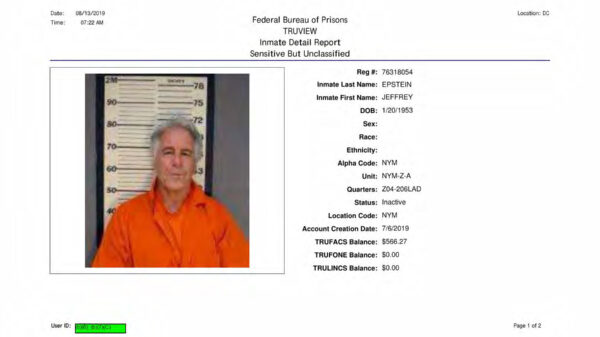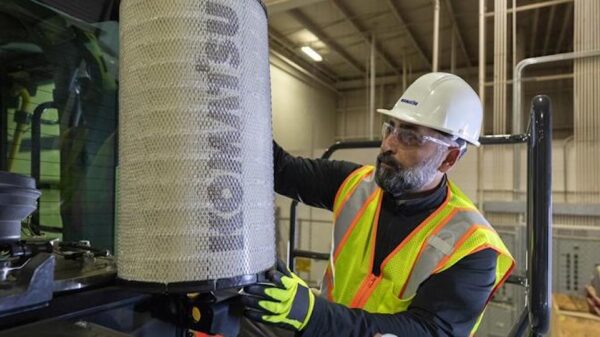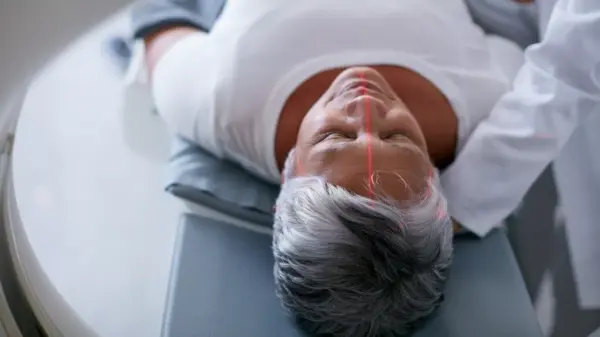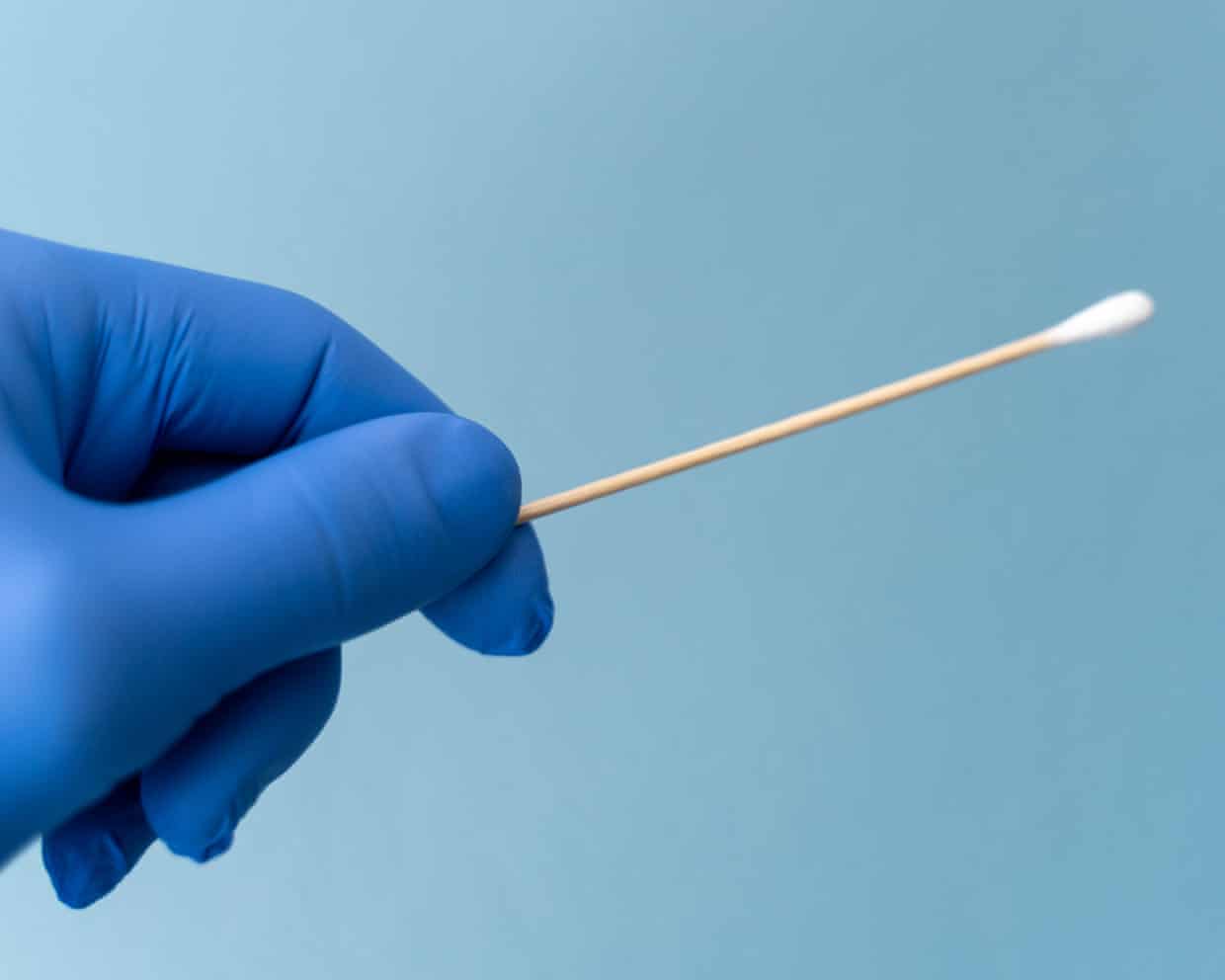A simple cheek swab test can now identify children at risk of a potentially fatal heart condition, providing diagnosis up to five years earlier than traditional methods, according to new research. The study focused on arrhythmogenic cardiomyopathy (ACM), a genetic condition responsible for over 10% of sudden cardiac deaths in children. This condition arises due to abnormalities in the proteins found between heart cells, leading to issues in the heart’s structure and electrical activity.
Researchers presented their findings at the European Society of Cardiology congress held in Madrid, where they outlined how a two-minute cheek swab can detect signs of ACM long before conventional diagnosis methods would typically identify the condition.
Promising Study Results
Experts from Great Ormond Street Hospital and City St George’s, University of London conducted trials involving 51 children aged between three months and 18 years, all of whom had a known genetic risk for ACM. Over a seven-year period, these participants underwent cheek swabbing every three to six months. Remarkably, of this group, 10 children eventually developed ACM, and eight of them exhibited detectable abnormalities in their cheek swabs before further testing confirmed the diagnosis.
Additionally, the study examined another set of 21 children with no known genetic risk for ACM. Among these, five children showed protein abnormalities identified through cheek swabs. The researchers determined that such abnormalities could indicate changes in heart conditions up to five years prior to diagnosis.
Joanna Jager from City St George’s, University of London emphasized the need for a quick and simple test to flag potential ACM cases, which can then be confirmed through hospital examinations.
The Need for Early Detection
In the UK, it is estimated that approximately 1 in 10,000 individuals are affected by ACM. Symptoms may include heart palpitations, fainting, breathlessness, irregular heart rhythms, and swelling in various parts of the body. The researchers are currently working on developing home cheek swab kits, enabling families to send samples for analysis without needing hospital visits.
Dr. Angeliki Asimaki, a reader in cardiac morphology and sudden death at City St George’s, University of London, stated, “Our test provides a window into microscopic changes happening in the heart, and it is totally risk-free and non-invasive.” She added that the swab method is preferred by patients, particularly children, over traditional blood tests due to its speed and ease.
Dr. Sonya Babu-Narayan, the clinical director of the British Heart Foundation, which funded the research, highlighted the importance of early diagnosis for conditions like ACM, which can develop suddenly and lead to tragic outcomes. “This kind of simple, pain-free cheek swab test could identify children in the early stages of ACM who need extra care, or provide reassurance to at-risk children and their families with normal test results,” she said.
The development of this innovative test offers hope for improved early detection of ACM, potentially saving lives by allowing for timely medical intervention. As researchers continue to refine the testing process, families may soon have access to a simple and effective tool for monitoring heart health in children.



































































